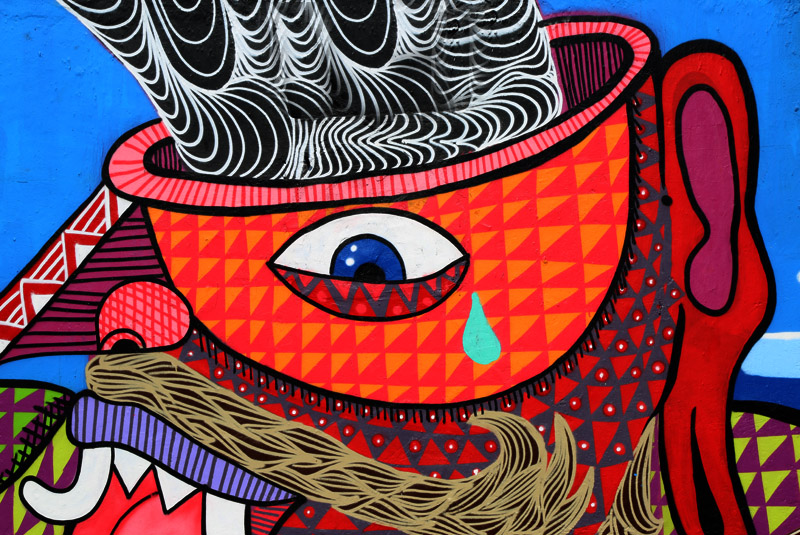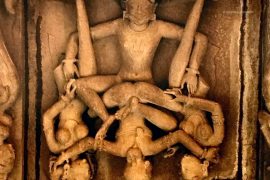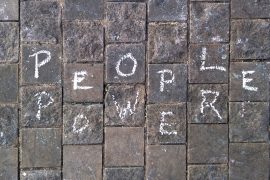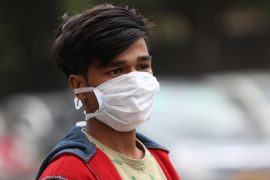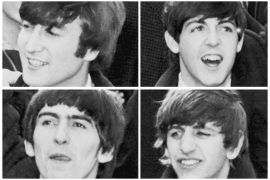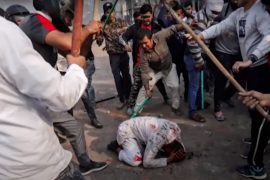The barbaric beheading of Samuel Paty, a middle school teacher from a Parisian suburb, last month sent shockwaves across France. He was slain by Abdoulakh Anzorov, an immigrant of Chechen origin, for having used an “incendiary” caricature of Prophet Muhammad published in the satirical magazine, Charlie Hebdo, to teach his students Freedom of Expression. A fortnight later, in what looked like a “turning knife in the wound” kind of a situation, the French city of Nice also suffered another vicious attack by an illegal Tunisian immigrant leading to three casualties. While a number of countries, including India, officially condemned the heinous attacks and stood by France, the French president faced ire from a number of Muslim countries for his uncompromising stance on Islamic extremism and freedom of expression. In midst of the outrage over the blasphemous caricature and the French President’s defence of ‘right to mock and caricature’ being a quintessential part of being French, the French Republic found itself in the cross hairs of the very foundational principles of its establishment and the challenges of a multicultural society. This article attempts to bring out the limits of a multicultural society, the inner moorings of an expatriate population and the cultural quagmire between the two.
Theory of Multiculturalism
With continuously increasing population exchange viz. movement of workforce, student exchange and presence of multinational corporations across the world, multi-cultural, multi-ethnic, multi-lingual societies have become the keystone of any modern liberal democracy. Multiculturalism in its basic sense is a political philosophy that deals with challenges related to, “cultural diversity – ethnic, national and religious -in a society.” The exponents of multiculturalism tend to argue in favour of minority communities retaining their distinct identity and practices – much like a salad bowl rather than assimilating into the dominant culture like a melting pot. The constitution of Westphalian nation-states revolves around a dominant language and culture that has shaped them historically. Therefore, multiculturalists point to barriers that minority communities face in pursuing their social practices which do not align with the dominant culture of that State. In doing this, multiculturalism tends to inch towards identity politics.
-30-
Copyright©Madras Courier, All Rights Reserved. You may share using our article tools. Please don't cut articles from madrascourier.com and redistribute by email, post to the web, mobile phone or social media.Please send in your feed back and comments to [email protected]

